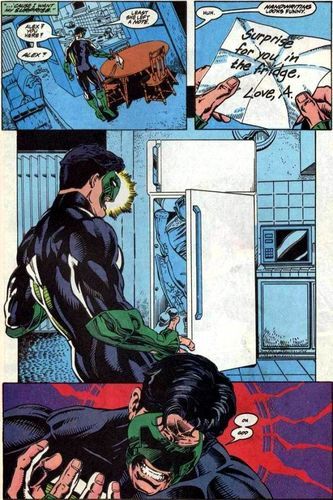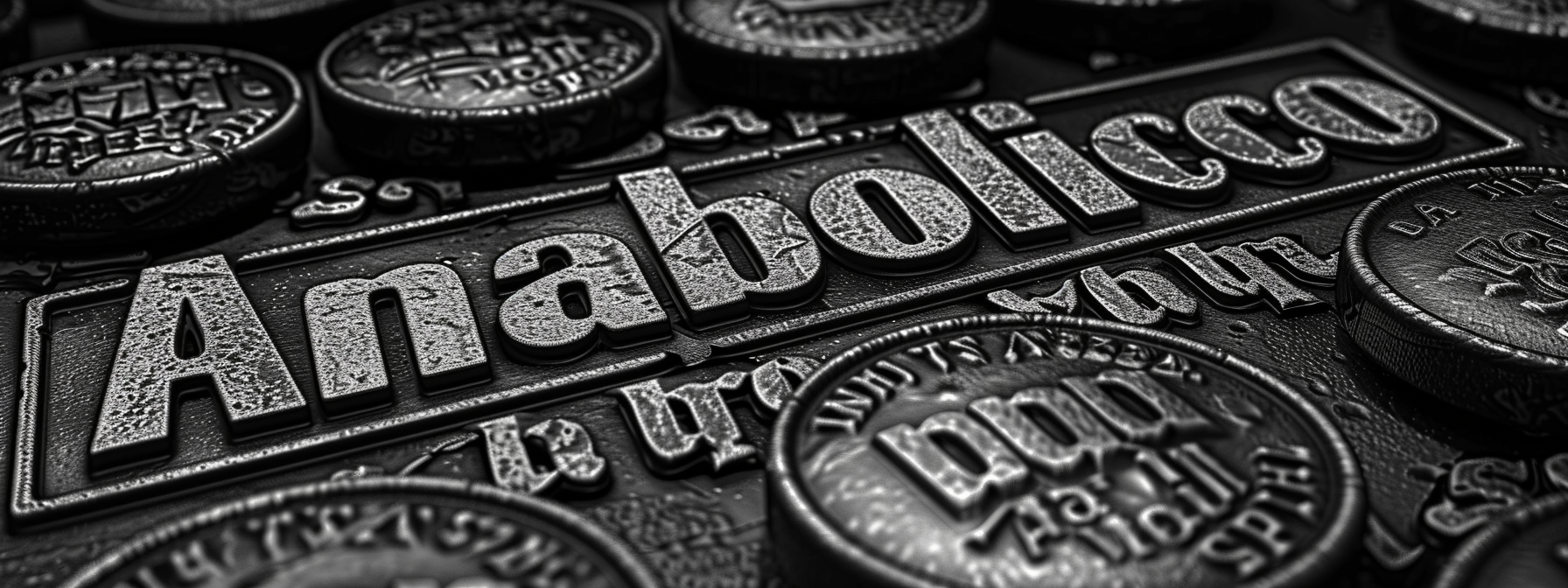Thoughts, pictures, reviews and other stuff about the women in comics who kick ass. This is a feminist site. Deal with it.
“… just a dreadful little site that just basically compiles lists.” – poster/DC Comics forum
“… provides a much-needed voice that is not often heard on traditional comic sites.” – Wired’s Geek Dad
… she’s pretty amazingly ignorant of comics outside of the Batverse and some recent Wonder Woman, and seems pretty clueless about the way the industry works. That and she doesn’t write that well at all.” anonymous poster, Dreamwidth
” … a phenomenal blog that’s always up to date with female superhero news …” -Nerdbastards.com
(header art by Peter Nguyen)
Vulture’s 100 Most Influential Pages That Shaped Comics is Missing One Important Page
Lists! Comics! How can there not be an argument, right? Today Vulture published a list of the 100 pages that transformed comics. It’s a good list and it was put together by a team that include people I know and respect such as Heidi MacDonald, Brian Cronin and Abe Reisman. But there is one page that I was very surprised not to see on the list. I won’t keep you in suspense, it’s this page from Green Lantern #52 from 1994.
This page where Kyle Raynor found his girlfriend Alex DeWitt is the page that led Gail Simone to write her famous and important essay, Women in Refrigerators/WiR about propensity of violence against women in comics and led to the concept of a character (usually a woman) being “fridged” (killed or injured to advance the plotline of a male character.) Two now classic examples of “fridging” which proceeded the creation of WiR are included in the list – the death of Gwen Stacy and the shooting, stripping and sexual attack on Barbara Gordon in The Killing Joke.
Simone’s essay put the issue of violence and women into the world at a time when the internet and comics were hitting critical mass and bringing more fans, particularly women, into the discussion about the medium (and in particular the superhero genre). It help shape and advance the discussion of how women were treated in comics and overtime put publishers and writers on notice that treatment would be called out by fans.
Comics changed as result of WiR and it would make sense that this page be acknowledged.
Again go read the article las it is very good reading. And let me know if there are other pages you’d include.



